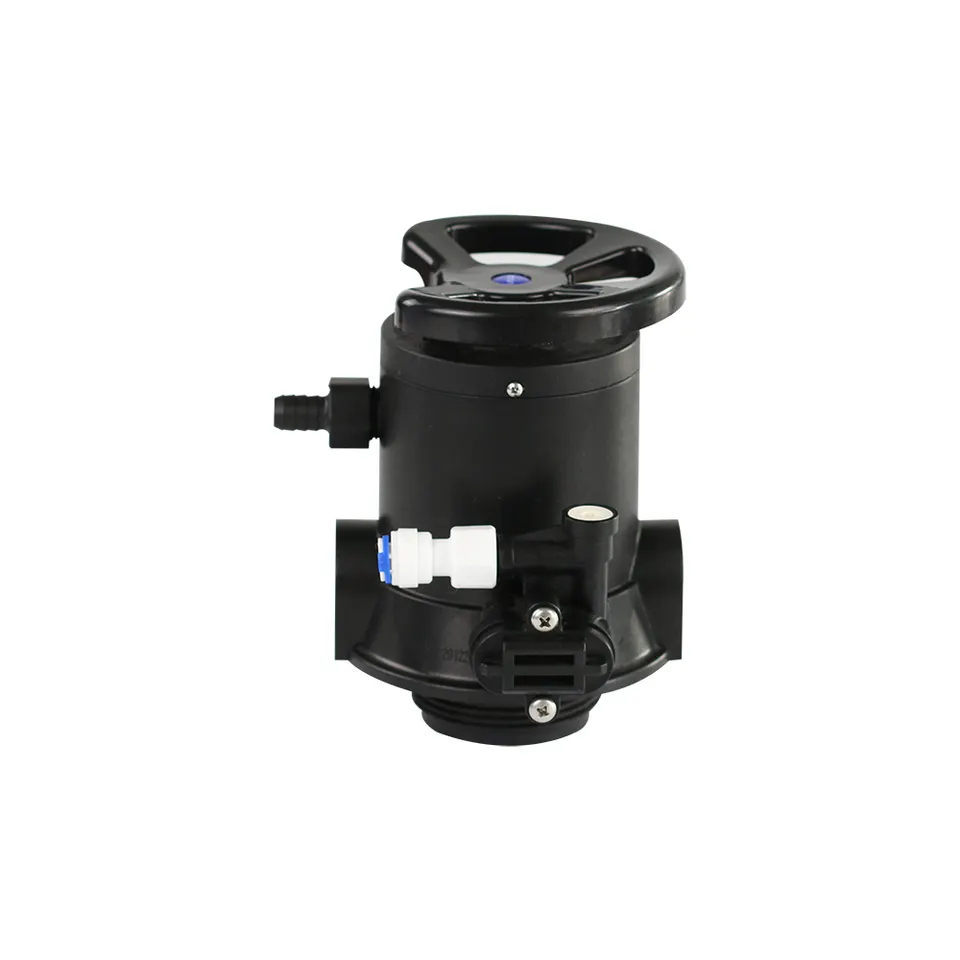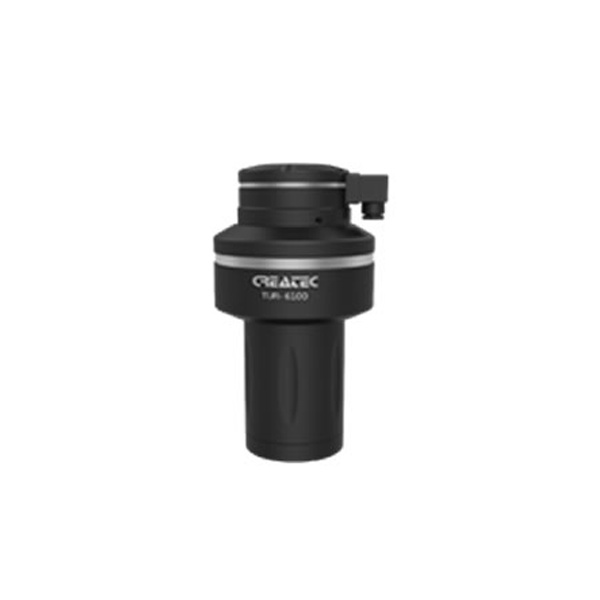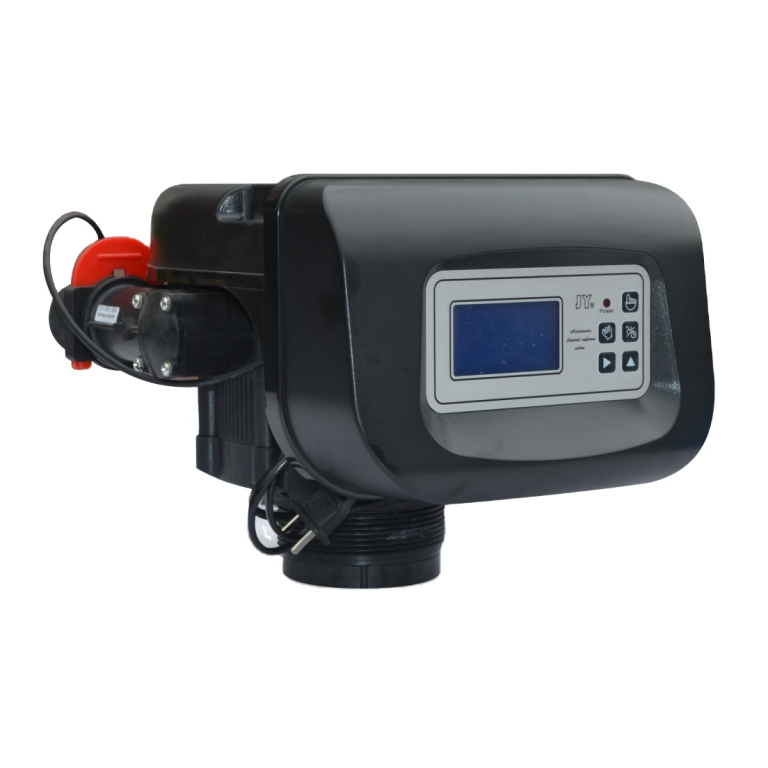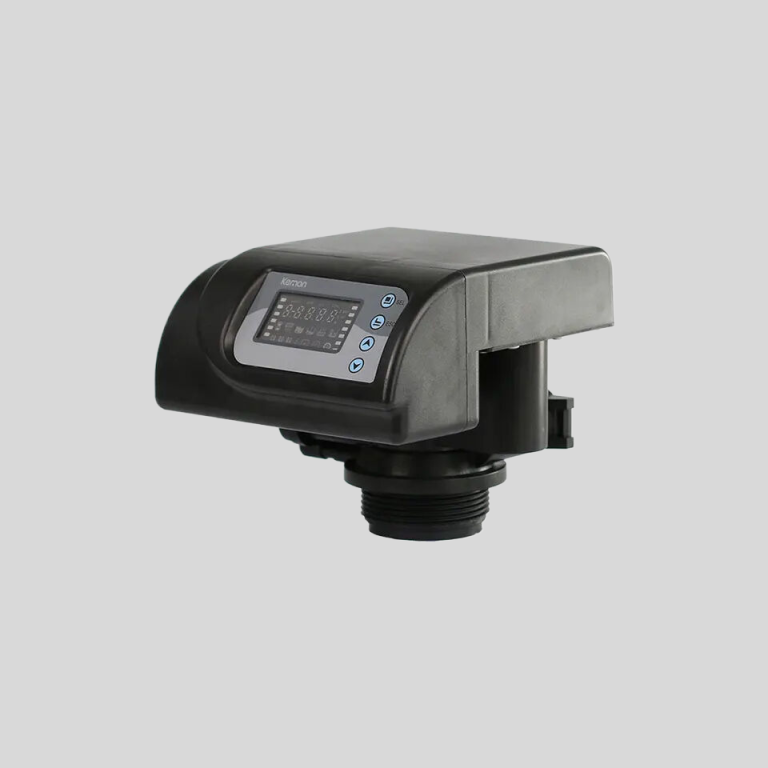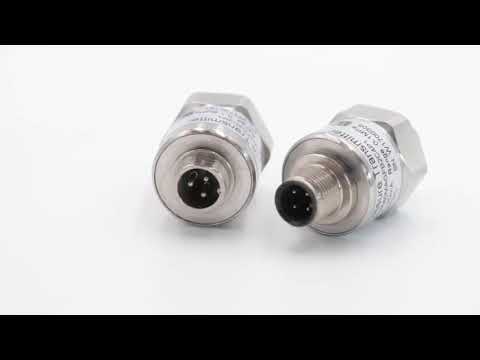“Filter for Peace of Mind: Ensuring the Purity of Softened Water for Drinking.”
The Importance of Filtering Softened Water for Drinking
Water is an essential element for our survival, and ensuring its quality is of utmost importance. Many households use water softeners to remove minerals like calcium and magnesium, which can cause limescale buildup in pipes and appliances. However, a common question that arises is whether it is necessary to filter softened water for drinking purposes. In this article, we will explore the importance of filtering softened water for drinking and why it should not be overlooked.
Softened water, although free from minerals that cause limescale, may still contain impurities that can affect its taste and quality. These impurities can include chlorine, sediment, and organic compounds. While water softeners effectively remove minerals, they do not eliminate these other contaminants. Therefore, filtering softened water can help improve its taste and ensure that it is safe for consumption.
One of the main reasons to filter softened water for drinking is to remove chlorine. Chlorine is commonly used in water treatment plants to kill bacteria and other microorganisms. While it serves an important purpose in ensuring the safety of our water supply, chlorine can leave an unpleasant taste and odor. Filtering softened water can effectively remove chlorine, resulting in a more refreshing and enjoyable drinking experience.
In addition to chlorine, sediment can also be present in softened water. Sediment refers to particles such as sand, dirt, and rust that can find their way into the water supply. These particles can affect the clarity and taste of the water. By filtering softened water, these sediments can be effectively removed, resulting in a cleaner and clearer drinking water.
Furthermore, organic compounds can also be a concern in softened water. These compounds can come from various sources, including agricultural runoff and industrial waste. While water softeners do not remove organic compounds, filtering softened water can help eliminate these potentially harmful substances. This is particularly important for individuals with compromised immune systems or those who are more susceptible to the effects of contaminants.
| Model | Central tube | Drain | Brine tank connector | Base | Power supply parameters | Maximum power | Pressure parameters | Operating temperature |
| 2850 | 1.9″(1.5″)O.D. | 1″NPTM | 3/8″&1/2″ | 4″-8UN | 24v,110v,220v-50Hz,60Hz | 72W | 2.1MPa | 1℃-43℃ |
| 0.14-0.84MPa |
It is worth noting that not all water filters are created equal. When choosing a filter for softened water, it is important to select one that is specifically designed to remove the contaminants commonly found in softened water. Look for filters that are certified by reputable organizations, such as the National Sanitation Foundation (NSF), to ensure their effectiveness.
Some individuals may argue that filtering softened water is unnecessary, as water softeners already remove minerals that can be harmful. While it is true that water softeners are effective in removing minerals, they do not address other potential contaminants. By filtering softened water, you can have the peace of mind knowing that you are consuming water that is not only free from minerals but also from other impurities that can affect its taste and quality.
In conclusion, filtering softened water for drinking is an important step in ensuring its quality and safety. While water softeners effectively remove minerals that cause limescale, they do not eliminate other contaminants such as chlorine, sediment, and organic compounds. By filtering softened water, you can improve its taste, clarity, and overall quality. Remember to choose a filter that is specifically designed for softened water and certified by reputable organizations. By taking this extra step, you can enjoy clean and refreshing water that is safe for consumption.
